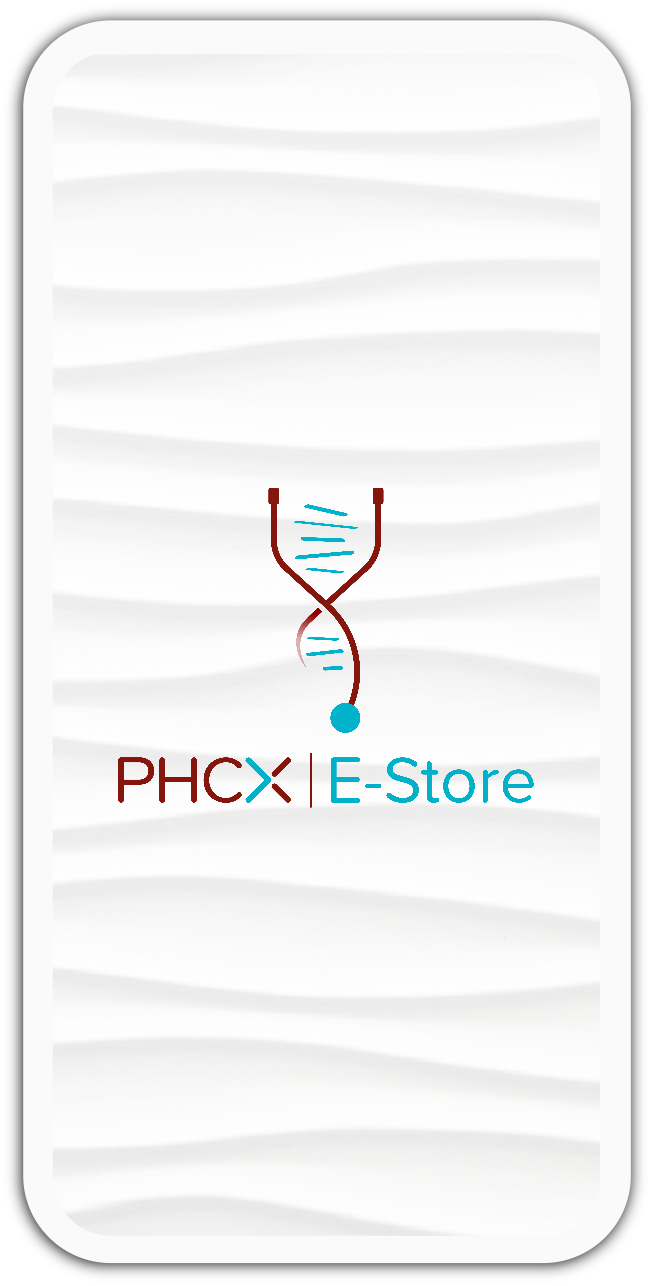



* Limited Time Offer

Experiencing these symptoms?

Fatigue

Diarrhea

Frequent Migraines

Stomach Discomfort

Bloating

Irritable Bowel

Hyperacidity

Hives
Any of these symptoms could be a sign of Food Intolerance
How can FoodSens Chex™ 240 Help you?

Learn which foods to avoid

Avoid unnecessary gut irritation

Clear skin irritation and dermatitis
Enjoy your meals without discomfort

Gain back energy and health

Avoid migraines and headaches
What's in Each FoodSens Chex™ 240 Panel?
Please enter your details below to book your Food Sens Chex 240:
Book your
Food Intolerance Test
Today!
Frequently Asked Questions

Food intolerance tests typically involve analyzing a sample of blood, hair, or saliva to detect biomarkers associated with specific food intolerances. Some tests use IgG antibodies as markers, while others analyze genetic markers or other indicators of food sensitivity.
The symptoms of food intolerance can vary widely and may include gastrointestinal issues (bloating, gas, diarrhea), headaches, migraines, skin problems (eczema, hives), fatigue, joint pain, and mood changes.
Individuals who suspect they have food intolerances and experience unexplained or chronic symptoms after eating certain foods may benefit from a food intolerance test. However, it's essential to consult with a healthcare professional before pursuing such testing.
Food intolerances involve non-immune responses, and symptoms may take hours or days to appear. In contrast, food allergies are immune system reactions, and symptoms typically occur quickly after exposure to the allergenic food.
If a food intolerance test reveals specific trigger foods, it's essential to discuss the results with a qualified healthcare professional, such as a registered dietitian or nutritionist. They can help create an appropriate elimination diet plan and monitor your progress.
Yes, food intolerances can change over time. Some individuals may develop intolerances to foods they previously tolerated, while others may experience improvement or resolution of intolerances with lifestyle changes.













